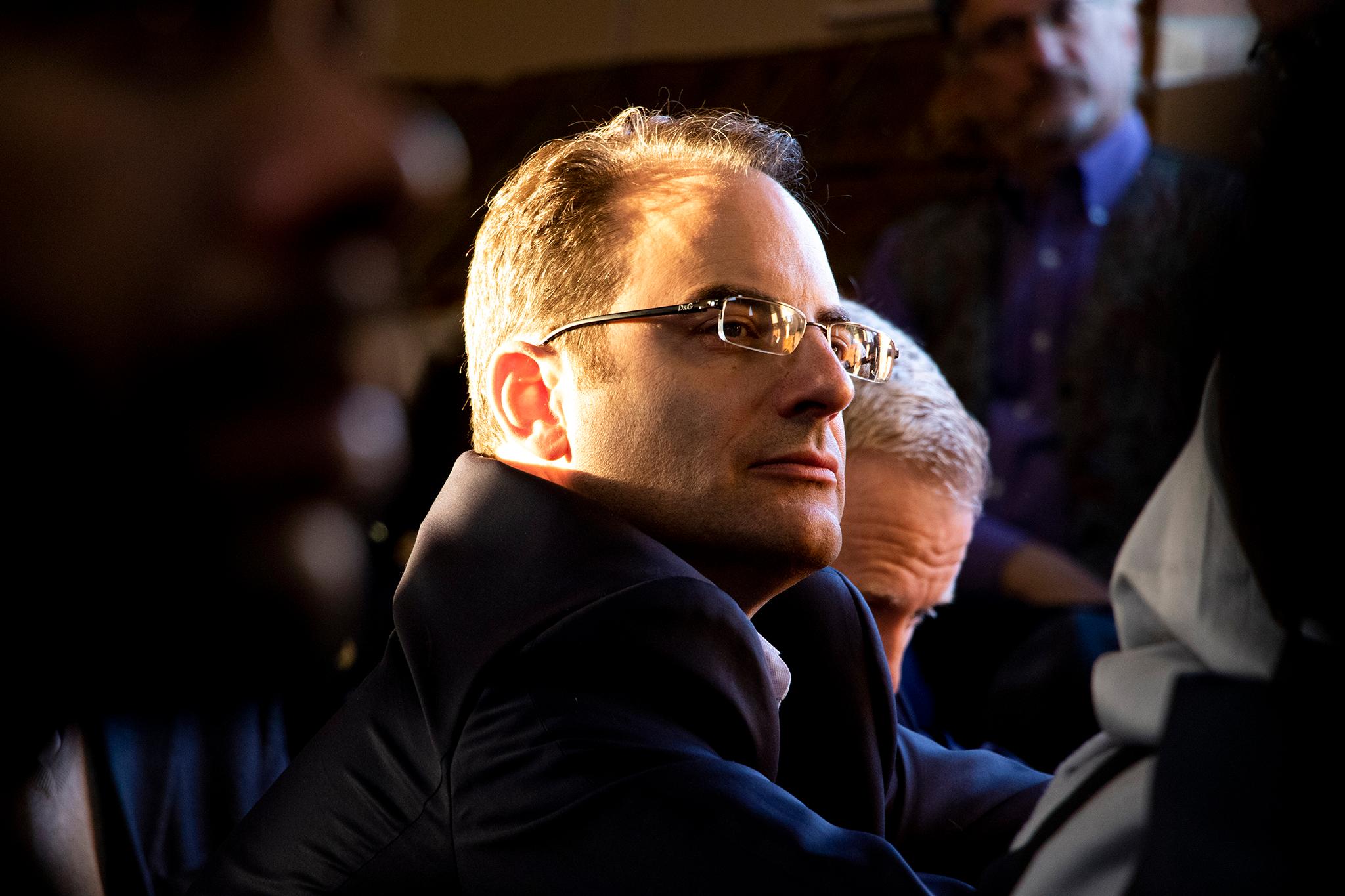Colorado Attorney General Phil Weiser called the Supreme Court's decision on Thursday to block President Trump's administration from adding a citizenship question to the 2020 census "a victory for our nation" and the state.
The court ruled 5-4 against a census question asking whether a respondent is a U.S. citizen, with Chief Justice John Roberts casting the deciding vote, according to the Associated Press. The AP reported that the court determined the Trump administration's justification for the question's inclusion -- to better enforce part of the Voting Rights Act -- was a "distraction" rather than an explanation.
"The Supreme Court basically held that the justification that the (U.S.) Commerce Department used to include the citizenship question on the census was not sufficient," Michael J. Berry, CU Denver political science associate professor, said.

Opponents of the question's inclusion filed a lawsuit trying to get the question removed, citing concerns that it would lead people like undocumented immigrants from participating in the census. Colorado joined the multistate lawsuit U.S. Department of Commerce v. New York in January to challenge the question's addition to the census.
Weiser, a Democrat, said in a statement Thursday the decision marks a victory, "since the census will have a direct impact on our state's representation in Congress and our fair share of federal dollars for transportation, healthcare, education, public safety, and many public assistance programs." Colorado is projected to gain a congressional district after the 2020 census due to its population boom.
"It is now our responsibility to educate the public about the importance of an accurate count, and we must redouble our efforts to ensure that every person is counted in Colorado," Weiser said in the statement.
The case will now be sent to a lower court where, Berry said, Trump's administration will be given another chance to provide a stronger argument. It means it's still possible the administration will try to make its case again, but it's unlikely it will get a different outcome. As Berry points out, the feds have likely already laid out their best argument for keeping it.
"It is possible that this isn't the end of the story. But I would bet that it probably is," Berry said.
Gov. Jared Polis, a Democrat, said during a press conference at the Colorado Capitol on Thursday that the state passed bipartisan legislation promoting the census because of its importance in providing future funding. He joined Democratic lawmakers who lauded the decision.
"Today's Supreme Court decision was an important step in the right direction of an accurate count," Polis said. "Look, people can fight all day about who should be here, who shouldn't, what their status is and where they should be and what policies we should have, but the census is simply about data."
State Rep. Yadira Caraveo of Thornton said all communities in Colorado must have the resources and services they need to thrive. She noted participation is already more difficult for rural areas without reliable internet access, since the 2020 census is scheduled to be mostly online. Adding the question would have created more challenges because, Caraveo said, this is a region with undocumented immigrants.
Caraveo said the census lays the foundation for the $13 billion -- or about $2,300 per resident, per the governor's office -- the state receives in federal money annually. State lawmakers passed a bipartisan bill earmarking $6 million for census outreach this spring.
"The federal government should drop its efforts to put this question on the census and instead focus on performing its constitutional duties to count every single person in the United States," Caraveo said Thursday.
Colorado Immigrant Rights Coalition Director of Federal Campaigns Victor Galvan said his organization's goal to ensure immigrant communities are fairly represented in the country despite "continuous attacks" against this group.
"Asking about citizenship status will certainly depress census participation among households with non-citizens," Galvan said. "That can lead to undercount of immigrants in communities of color, which would have major implications for the ways that political power and federal funding are shared over the next decade.
NPR reported that the last time a citizenship question was part of a census survey for all households was in 1950. The census is a headcount of both citizens and non-citizens and is meant to find everyone who lives here.
This story has been updated throughout.












